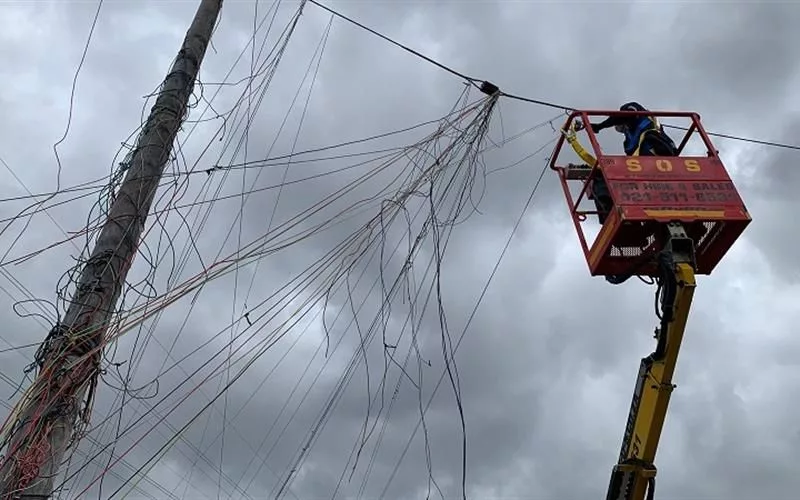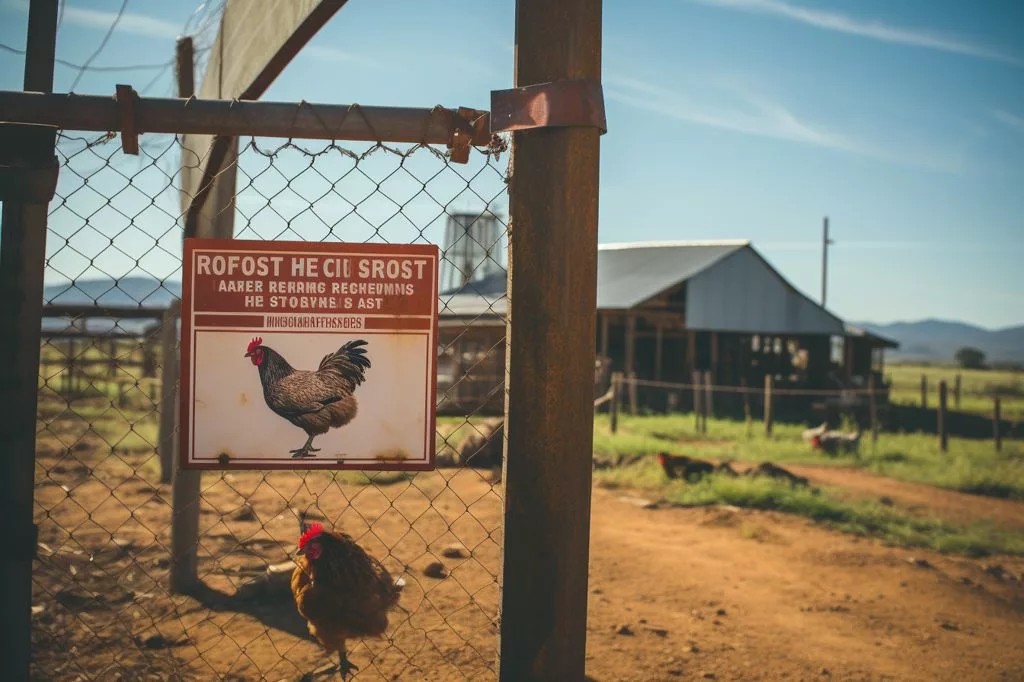The case of South African doctor Lauren Dickason, who was convicted of murdering her three young daughters in their New Zealand home, has highlighted the complexity of emotions surrounding such a heartbreaking event. Despite her appalling actions, Dickason expressed gratitude for the support she received during the trial. The case underscores the importance of recognizing and addressing mental health issues, particularly during the post-partum period, and the need for comprehensive mental health care and support systems. The community’s support for the bereaved family demonstrates that compassion and empathy can shine through even the darkest times.
The world has been captivated by the case of Lauren Dickason, a South African doctor convicted of murdering her three young daughters in their New Zealand home. In an unusual display of gratitude, Dickason has expressed her appreciation for the support she has received during this difficult time. This tragic story highlights the complexity of emotions, artistic expressions, and mental health issues that surround such a heartbreaking event.
The Verdict and Acknowledgment of Support
42-year-old Lauren Dickason faced a grueling five-week trial in New Zealand and was ultimately convicted on three counts of murder. The appalling crime took place on September 16, 2021, in Timaru, where her twin daughters – two-year-olds Maya and Karla – and their six-year-old sister, Liané, were killed.
In spite of the severity of her actions, Dickason expressed her gratitude to her supporters in a sincere letter published by New Zealand’s The Press. During this dark time, the kindness of others has provided some solace, demonstrating that compassion can prevail even in the face of unimaginable tragedy.
Remembering and Honoring the Lives of the Daughters
On the second anniversary of the murders, compassionate individuals sent a care package to Lauren Dickason at Hillmorton Hospital in Christchurch. The package, which included South African food items, deeply touched her and reminded her of her homeland. In response, she wrote a heartfelt letter expressing her appreciation and outlining her efforts to honor her daughters and preserve their memories.
She mentioned a painting created in memory of her daughters in the letter, an emotional tribute to their brief yet cherished lives. She also shared that she slept with bears made from her daughters’ clothes, embroidered with their names, which allowed her to maintain a sense of connection and recall the warmth of their hugs.
Mental Health Considerations in the Trial
During the trial, Dickason confessed to killing her daughters but pleaded not guilty due to insanity. Her defense maintained that she was suffering from post-partum depression and mental illness, which ultimately led to her terrible actions. This aspect of the case underscores the importance of recognizing and addressing mental health issues, particularly during the post-partum period when women are particularly vulnerable.
The case also highlights the necessity for increased awareness and resources to support those grappling with mental health challenges. As we contemplate Lauren Dickason’s tragic story, her mental health struggles serve as a stark reminder of the need for comprehensive mental health care and support systems.
Reactions and Reflections from the Community
Lauren Dickason’s case has elicited a tremendous amount of empathy and support from her community and beyond. As the world struggles to understand this harrowing event, several questions arise: How can we come to terms with such a horrifying act? How can we better comprehend and address the role that mental health plays in these events? And how do we find hope and healing in the aftermath of such a tragedy?
Despite the immense grief experienced by everyone affected by this case, there have been moments of hope. The care packages sent by well-wishers, along with the community’s support for the bereaved family, demonstrate that compassion and empathy can shine through even the darkest times.
As we continue to explore the complexities of this case, it is essential to remember that a mother is grappling with unimaginable pain behind the headlines. Furthermore, a community is searching for answers, and society aims to understand and address the mental health challenges that affect so many.
As Lauren Dickason’s sentencing approaches in December, we can only hope that her story will act as a catalyst for change, promoting greater awareness and support for those struggling with mental health issues. Only then can we begin to heal and prevent such devastating tragedies from happening in the future.
1. Who is Lauren Dickason?
Lauren Dickason is a South African doctor who was convicted of murdering her three young daughters in their New Zealand home.
2. What did Dickason express gratitude for during her trial?
Despite her appalling actions, Dickason expressed gratitude for the support she received during the trial.
3. How does the case highlight the importance of mental health awareness and support systems?
The case underscores the importance of recognizing and addressing mental health issues, particularly during the post-partum period, and the need for comprehensive mental health care and support systems.
4. How did the community respond to the tragedy?
The community’s support for the bereaved family demonstrates that compassion and empathy can shine through even the darkest times.
5. How did people reach out to Dickason during her hospitalization?
On the second anniversary of the murders, people sent a care package to Lauren Dickason at Hillmorton Hospital in Christchurch. The package, which included South African food items, deeply touched her and reminded her of her homeland.
6. Did Dickason plead guilty or not guilty?
During the trial, Dickason confessed to killing her daughters but pleaded not guilty due to insanity.
7. What can we learn from Dickason’s story about mental health?
The case underscores the importance of recognizing and addressing mental health issues, particularly during the post-partum period when women are particularly vulnerable. It also highlights the necessity for increased awareness and resources to support those grappling with mental health challenges.
8. What can we hope for in the aftermath of this tragedy?
As Lauren Dickason’s sentencing approaches in December, we can only hope that her story will act as a catalyst for change, promoting greater awareness and support for those struggling with mental health issues. Only then can we begin to heal and prevent such devastating tragedies from happening in the future.












